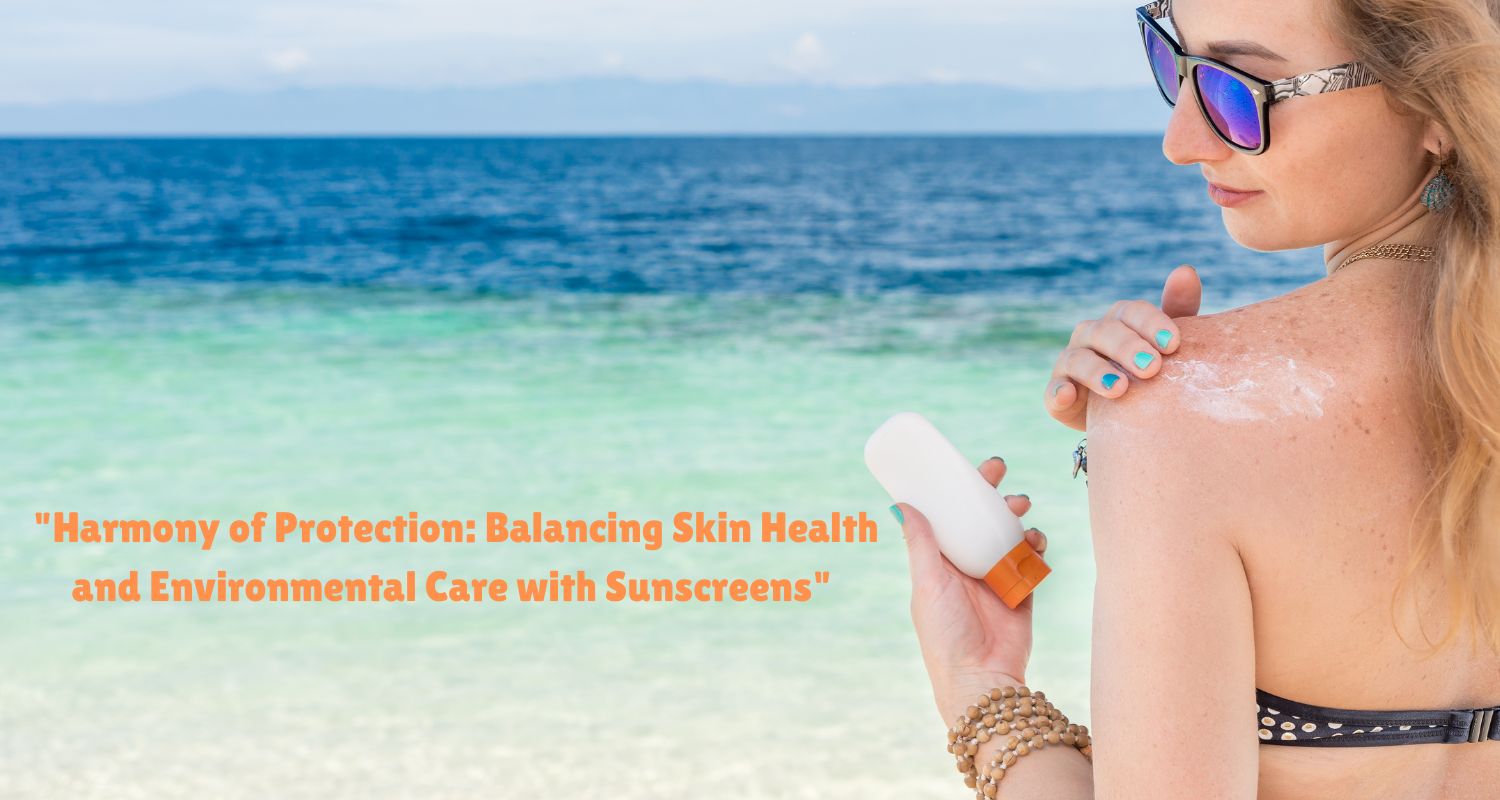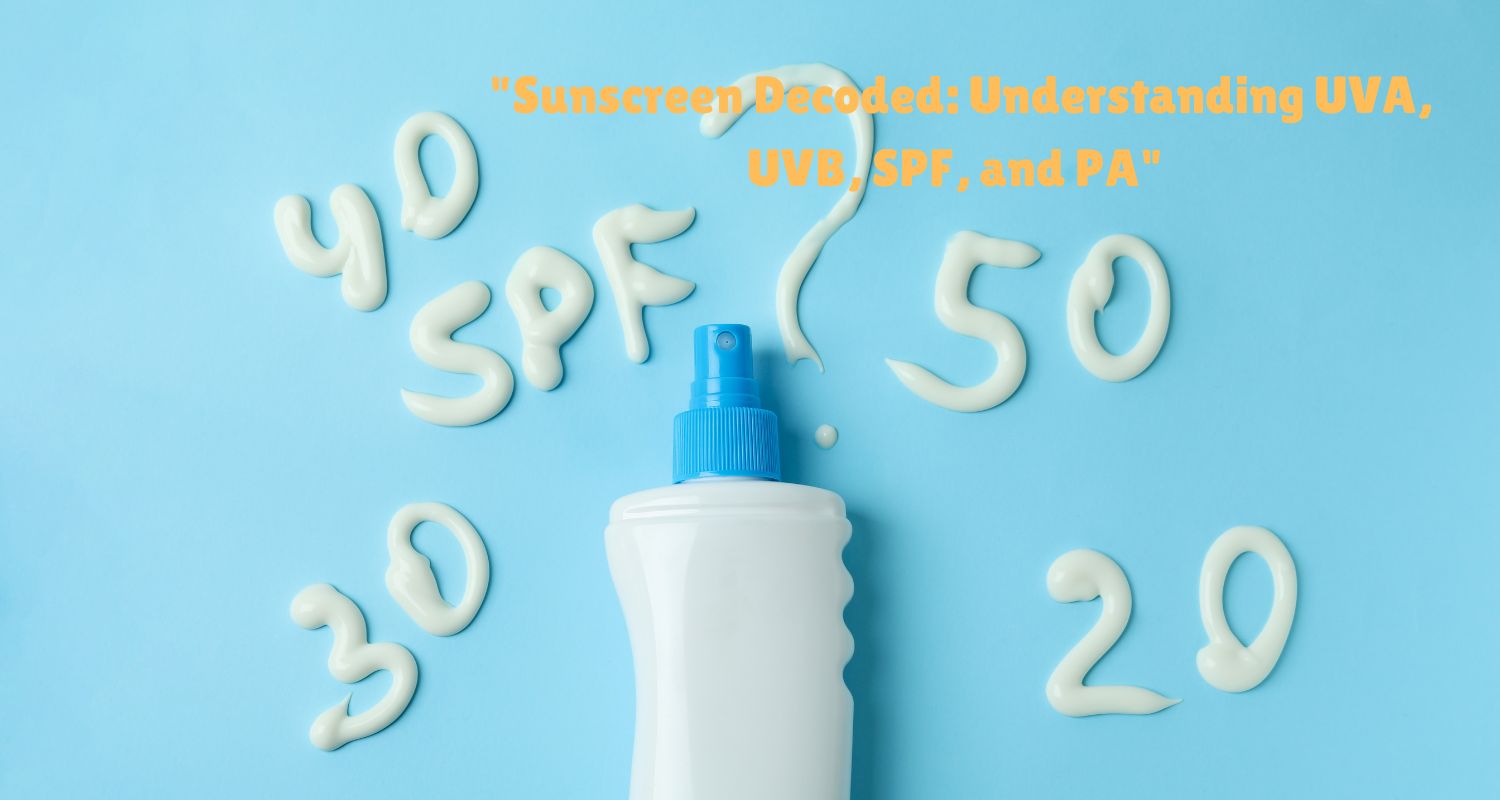
23. "Harmony of Protection: Balancing Skin Health and Environmental Care with Sunscreens"
"Harmony of Protection: Balancing Skin Health and Environmental Care with Sunscreens"
"Guarding Your Skin: The Unseen Shield Against UV Rays"
The use of sunscreen is highly recommended for skin protection despite ongoing issues concerning its environmental impact. Sunscreen is crucial in guarding against early aging, skin cancers, and other damages caused by the sun's ultraviolet (UV) radiation. More people are diagnosed with skin cancer each year in the U.S. than all other cancers combined, and by age 70, at least 1 in 5 people in the U.S. will develop skin cancer. Sunscreen is a key preventative measure, as it's more challenging to treat wrinkles, sunspots, and leathery skin once the damage is done.
Read more about the importance of sunscreen
"Eco-Insight: The Hidden Impact of Sunscreen on Marine Life"
However, the environmental impact of sunscreen, particularly chemical sunscreens, has raised concerns. Many sunscreen chemicals act as endocrine disruptors, interfering with the hormone functioning in marine animals, which can lead to reproductive and developmental problems and affect marine biodiversity and resilience. Furthermore, nanoparticles used in sunscreens for aesthetic appeal can penetrate cell walls of marine organisms, potentially causing damage or disrupting cell functions. The long-term ecological impacts of these particles are still under study but are believed to be significant.
"Green Guard: Embracing Eco-Friendly Sun Care Solutions"
In response to these environmental concerns, eco-friendly sunscreens are emerging as viable alternatives. Mineral sunscreens, containing ingredients like zinc oxide and titanium dioxide, are considered safer for both the skin and the environment. They reflect UV rays rather than absorbing them and are less likely to cause skin irritation or allergic reactions. Additionally, they are more stable over time compared to chemical sunscreens. Eco-friendly sunscreen brands are also focusing on sustainable packaging and reef-safe formulas, which are free from chemicals harmful to coral reefs and marine life. By choosing eco-friendly sunscreens, consumers can protect their skin while minimizing environmental impact.
Learn about eco-friendly sunscreen options
It's important for consumers to apply sunscreen correctly for maximum protection and to choose products that align with both their skin health and environmental concerns. This includes opting for sunscreens with mineral-based ingredients, avoiding harmful chemicals like oxybenzone and octinoxate, and considering the potential impacts of the ingredients on marine ecosystems. As research and innovation in sunscreen technology continue, we can expect to see more advancements in eco-friendly sun protection options that safeguard both human health and the environment.
"Shield Your Skin, Respect the Planet: The Power of Mineral Sunscreens"
"Harnessing Earth's Minerals for Ultimate Skin Defense"
Mineral sunscreens primarily contain two key ingredients: Zinc Oxide and Titanium Dioxide. These ingredients form a physical barrier on the skin, reflecting and scattering UV rays, thereby protecting the skin. Zinc Oxide is particularly effective at blocking both UVA and UVB rays, while Titanium Dioxide is primarily used for UVB protection.
"Gentle Touch, Strong Protection: Mineral Sunscreens for Delicate Skin"
These components are gentle on the skin and safe for use on sensitive or atopic skins, making them a popular choice. Additionally, they are considered environmentally friendly due to their minimal environmental impact.


